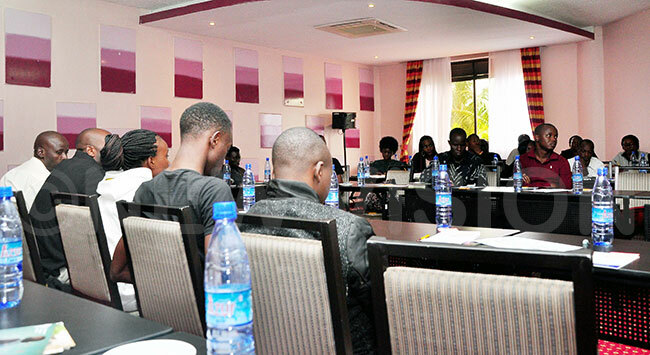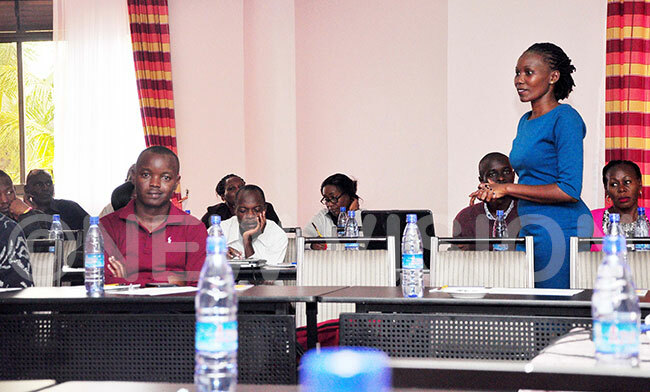Journalists tipped effective reporting on minors
During the two-day workshop organised by Child’s I Foundation at Royal Suits Hotel Bugolobi, Maureen Orogot, learning and development manager said, the objective of the training was to make journalists understand what alternative care is, how it affects children and the importance of children growing up in homes.
Over 30 journalists representing different media houses in Uganda have been trained in child reporting in order to change their mindset on the way they report on children's issues.
During the two-day workshop organised by Child's I Foundation at Royal Suits Hotel Bugolobi, Maureen Orogot, learning, and development manager said, the objective of the training was to make journalists understand what alternative care is, how it affects children and the importance of children growing up in homes.
Alternative care refers to care for orphans and vulnerable children who are not under the custody of their biological parents. It can be adoption, foster families, guardianship, kinship care, residential care among others.
 Journalists during the training
Journalists during the training
Orogot said, sometimes, journalists intentionally or unknowingly publish stories exposing the identity of the children. The training, therefore, was aimed at equipping journalists with knowledge and skills on how to tell children's stories by ensuring the story written benefits the child and no one else.
Under the theme, ‘understanding the concept of alternative care and institutionalization, she said, the critical concept in implementing alternative care for children is permanent planning which ensures stability, continuity and a sense of belonging to the family.
 Child care foundation learning and development manager, Maureen Orogot (right) training journalists during the workshop
Child care foundation learning and development manager, Maureen Orogot (right) training journalists during the workshop
"Some of the guidelines for providing alternative care arise from two principles. These include the principle of necessity where children will be placed in alternative care if necessary and appropriateness which means that children should be placed in alternative care that suits their individual needs and situation," explained Orogot.
During the training, a number of journalists concurred that failure to report well on the rights of children not only affects the child but also make them feel unwanted, traumatised, rejected and thus this does not give them a chance to live their own lives.